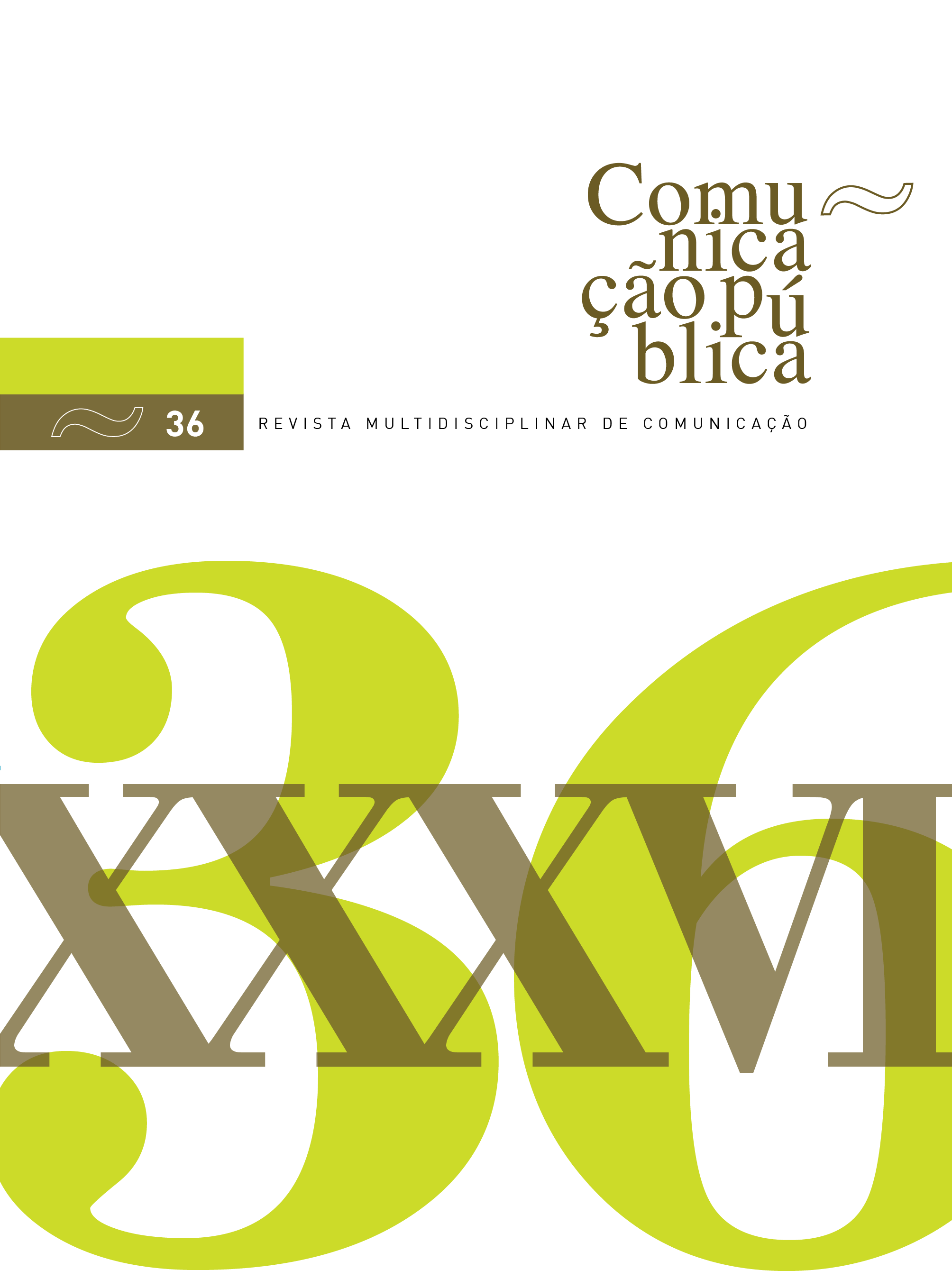Techvolution
exploring the nexus of new technologies, consumers, and marketing
DOI:
https://doi.org/10.34629/cpublica830Keywords:
Marketing, Consumer, Digital Technology, InnovationAbstract
This thematic dossier aims to stimulate academic discussion on the symbiotic relationship between technology, consumers, and marketing. To this end, it gathers studies that investigate how the digital revolution is shaping consumer behavior and marketing strategies. Based on different study objectives, approaches, and perspectives, the presented articles provide a comprehensive analysis of the technological impact on consumer behavior dynamics and marketing, highlighting three main thematic areas.: the importance of digital influencers and social networks, the consumption of digital content, and technological innovations in marketing.
Downloads
References
Andrade, I. M. D., & Tumelero, C. (2022). Increasing customer service efficiency through artificial intelligence chatbot. Revista de Gestão, 29(3), 238-251. https://doi.org/10.1108/rege-07-2021-0120
Buhalis, D. & Volchek, K. (2021). Bridging marketing theory and big data analytics: The taxonomy of marketing attribution. International Journal of Information Management, 56. https://doi.org/10.1016/j.ijinfomgt.2020.102253.
Castells, M. (2003). A galáxia Internet: Reflexões sobre a Internet, negócios e a sociedade. Zahar.
Cheung, M. L., Leung, W. K. S., Yang, M. X., Koay, K. Y., & Chang, M. K. (2022). Exploring the nexus of social media influencers and consumer brand engagement. Asia Pacific Journal of Marketing and Logistics, 34(10), 2370-2385. https://doi.org/10.1108/APJML-07-2021-0522.
Chung, K., Chen, C., Tsai, H. & Chuang, Y. (2021). Social media privacy management strategies: A SEM analysis of user privacy behaviors. Computer Communications, 174, 122–130. https://doi.org/10.1016/J.COMCOM.2021.04.012.
Dobrinskaya, D. E. (2020). Digital society: Sociological perspective. Moscow State University Bulletin. Series 18. Sociology and Political Science, 25(4), 175–192.
Drucker, P. F. (2008). Managing oneself. Harvard Business Review Press.
Hollebeek, L., Sprott, D., Andreassen, T., Costley, C., Klaus, P., Kuppelwieser, V., Karahasanovic, A., Taguchi, T., Islam, J., & Rather, R.. (2019).Customer engagement in evolving technological environments: synopsis and guiding propositions. European Journal of Marketing, 53(9), 2018–2023. https://doi.org/10.1108/EJM-09-2019-970.
Li, F., Larimo, J. & Leonidou, L. C. (2021) Social media marketing strategy: definition, conceptualization, taxonomy, validation, and future agenda. Journal of the Academy of Marketing Science, 49(1), 51–70. https://doi.org/10.1007/s11747-020-00733-3.
Moran, G., Muzellec, L. & Johnson, D. (2019). Message content features and social media engagement: evidence from the media industry. Journal of Product & Brand Management. 29(5), 533-545. https://doi.org/10.1108/jpbm-09-2018-2014.
Muhammad, S., Dey, B., Kamal, M. & Alwi, S. (2021). Consumer engagement with social media platforms: A study of the influence of attitudinal components on cutting edge technology adaptation behaviour. Computers in Human Behavior.121. https://doi.org/10.1016/J.CHB.2021.106802.
Pavlou, P. (2003). Consumer acceptance of electronic commerce: Integrating trust and risk with the technology acceptance model. International Journal of Electronic Commerce, 7, 101–134. https://doi.org/10.1080/10864415.2003.11044275.
Pezzuti, T., Leonhardt, J. & Warren, C. (2021). Certainty in language increases consumer engagement on social media. Journal of Interactive Marketing, 53, 32–46. https://doi.org/10.1016/j.intmar.2020.06.005.
Teixeira, T. S., & Piechota, G. (2019). Unlocking the customer value chain: How decoupling drives consumer disruption. Crown Business. ISBN: 9781524763084.
Sajjad, M. & Zaman, U. (2020). Innovative perspective of marketing engagement: Enhancing users’ loyalty in social media through blogging. Journal of Open Innovation: Technology, Market, and Complexity. https://doi.org/10.3390/JOITMC6030093.
Wu, L. & Wen, T. (2021). Understanding AI advertising from the consumer perspective. Journal of Advertising Research, 61, 133–146. https://doi.org/10.2501/JAR-2021-004.
Yoon, C. (2018). Extending the TAM for Green IT: A normative perspective. Computers in Human Behavior, 83, 129–139. https://doi.org/10.1016/j.chb.2018.01.032.
Downloads
Published
Issue
Section
License
Copyright (c) 2024 Direitos do Autor (c) 2024

This work is licensed under a Creative Commons Attribution-NonCommercial 4.0 International License.
Os conteúdos da Comunicação Pública estão licenciados com uma licença Creative Commons - Atribuição-NãoComercial 4.0 Internacional.


